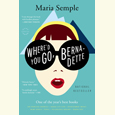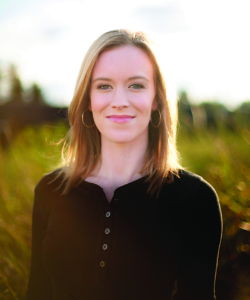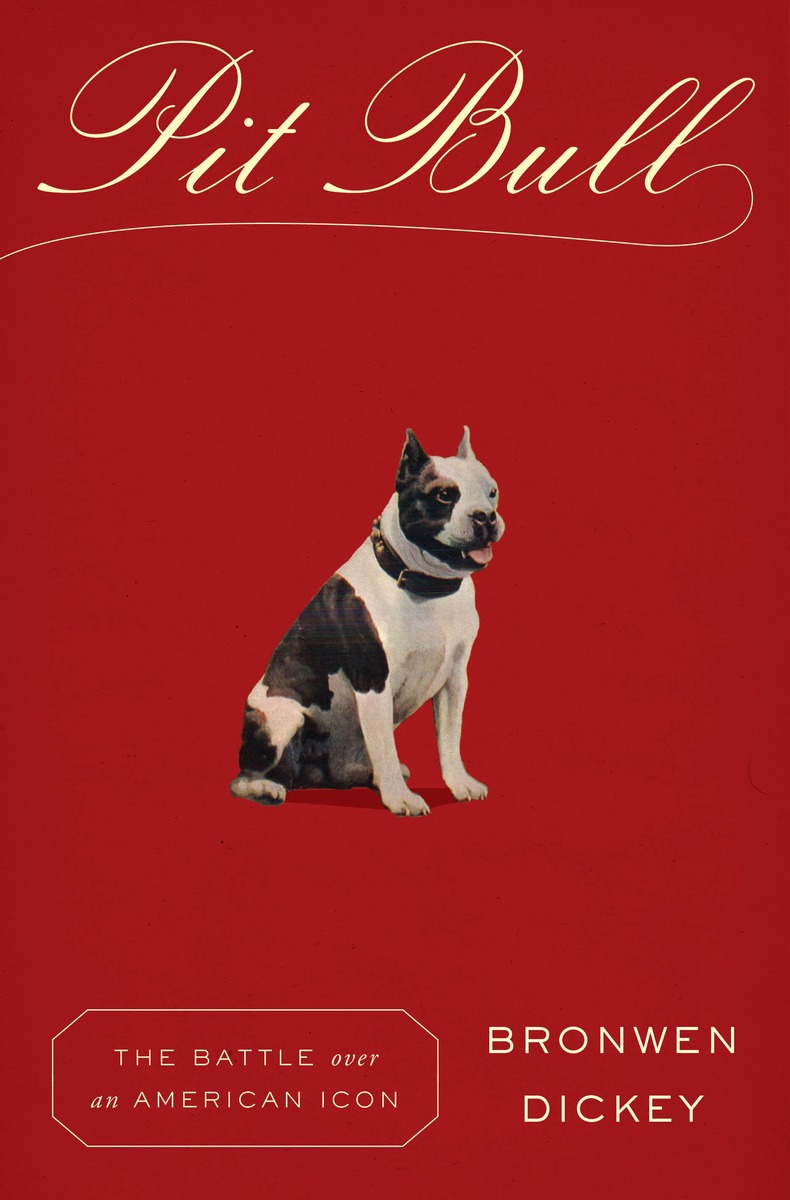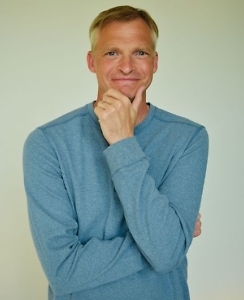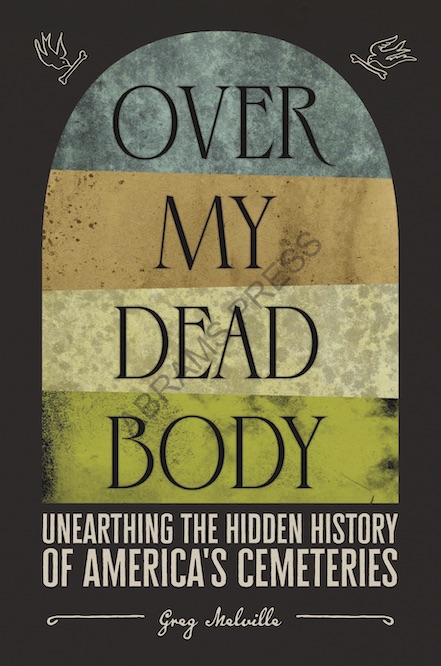A Radio Host Who Creates a Safe Space for Authors
Book Talk’s Stephen Usery sits on the other side of the interview desk as Chapter 16 celebrates his 600th author interview
His questions are informed and insightful. His voice is rich and mellow. Using those tools, Stephen Usery has interviewed hundreds of authors since he first took his seat behind the microphone for Book Talk, a radio series he hosts for WYPL, the call letters for Memphis Public Libraries.
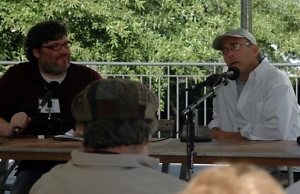
The trick is to ask, quickly, the questions that will entice his guests into conversations that last thirty minutes to more than an hour. “The listeners are here for the authors, not me,” he says. He’s interviewed crime masters John Grisham and Michael Connelly; Pulitzer Prize-winning historian Jon Meacham and Pulitzer Prize-winning novelist Oscar Hijuelos; two-time National Book Award winner Jesmyn Ward; and the journalists Michael Pollan, author of The Omnivore’s Dilemma, and Isabel Wilkerson, author of The Warmth of Other Suns, which won the National Book Critics Circle Award for nonfiction. Among many, many others.
Usery sometimes deploys disarming humor, other times disarming sensitivity. He began a talk with the actor George Hamilton about his memoir, Don’t Mind if I Do, by saying, “Today I literally pale in comparison to our guest. It’s the tan, the myth, the legend, George Hamilton.” When he talked to Eric Jerome Dickey in 2009 about Resurrecting Midnight, Usery addressed the “steamy” side of Dickey’s prose with: “I’m a grown man, forty years old, and I don’t know if I’m old enough to read this book.”
When Usery talked to Vince Vawter, whose Newbery Honor-winning novel, Paperboy, and the sequel Copyboy, are about a boy who stutters, as Vawter himself does, Usery put the podcast online with an introduction that honored both Vawter and his fictional protagonist: “I won’t be editing our conversation as I normally do,” Usery said. “It has only been cut for length. You’ll hear Vince in his true voice, and you’ll hear me in mine.”
“A lot of authors have told me over the years that he’s the best interviewer they’ve ever known,” said Keenon McCloy, Memphis Public Libraries director, “He really knows so much about so many topics because he’s so well read, loves trivia, loves connections. He’s able to bring in other books and say, ‘This reminds me of this part in this book,’ and the author says, ‘That’s what inspired me!’”
Usery—the library station’s broadcast programming coordinator, a job which includes choosing and scheduling books for the library’s programs for blind and print-impaired listeners—will soon conduct his 600th Book Talk interview. To celebrate that milestone, Chapter 16 interviewed him.
 Chapter 16: Who, what, when? Who will be the subject of your 600th interview? What is the book you’ll be talking about? And when will it air?
Chapter 16: Who, what, when? Who will be the subject of your 600th interview? What is the book you’ll be talking about? And when will it air?
Stephen Usery: My 600th book interview will be Caldecott-winning children’s book author and illustrator Marla Frazee. She has an incredible new picture book out called Little Brown (not to be confused with the publisher Little, Brown) about a cranky dog in a shelter. I’ve asked several people to read it and give me their impressions, and let me tell you, people respond passionately to it, but not in the way you might think. The interview will air on December 15 at 11:30 a.m. in Memphis on FM89.3 WYPL. (The station also streams the program live here, and it will be available as a podcast here.) There will also be a very meta-segment that you will have to wait to hear.
Chapter 16: Your first interview in the Book Talk archives, a discussion with Haven Kimmel about her book Something Rising: Light and Swift, was made in 2004, but the archived entries really begin to stack up in 2008. How did Book Talk get its start, and how has it evolved over time?
Usery: Book Talk goes back to the 1990s, long before I started at the station. My first book interview was in 2002, about a year after joining the station. I began producing in late 2007 and began podcasting the show in the spring of 2008; older interviews generally aren’t online because they have theme music which is copyrighted. Book Talk has had several producers over the years, and for long stretches there was a rotating crew of hosts. In 2009, I took over primary hosting duties and have since added two great guest hosts in Linda Lloyd and Blake McVey.
Chapter 16: You have the proverbial voice made for radio. How did you find your way to the microphone at the library’s WYPL studio, and what was your experience leading up to that time?
Usery: The first time anyone ever mentioned my voice was when my buddies in high school made fun of me for deepening my voice when I would talk to a girl on the phone. I started radio at KHDX, the ten-watt student station for Hendrix College in Conway, Arkansas. Along with my friend Jeremy Partin, I did my first interview for the station in February 1989. That interview with Kirk Hammett was recently included for the thirtieth anniversary box set for Metallica’s …And Justice for All album.
I later transferred to the University of Arkansas and worked for the then-student station KRFA and the NPR affiliate KUAF, as well as at a commercial Top 40 station KCIZ. I interviewed a lot of heavy-metal and punk bands over those years, mostly on the phone. Motorhead, Monster Magnet, Mudhoney, and some others that didn’t begin with M. After college, I moved to Germany in 1994, then to Memphis a year and a half later. In 1999 I joined the LINC department (the library’s information center about community resources) and in 2001 transferred to WYPL.
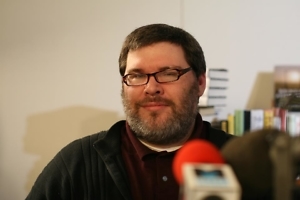 Chapter 16: When you talked to John Grisham last year about The Rooster Bar, his thriller about three students seeking revenge on their unscrupulous for-profit law school, you discussed recent federal regulations affecting student loans at for-profit colleges. When you interviewed John Jeremiah Sullivan about his essay collection Pulphead, the topics ranged from obscure metal bands and ska music to reality TV and Montaigne. How do you prepare for an interview?
Chapter 16: When you talked to John Grisham last year about The Rooster Bar, his thriller about three students seeking revenge on their unscrupulous for-profit law school, you discussed recent federal regulations affecting student loans at for-profit colleges. When you interviewed John Jeremiah Sullivan about his essay collection Pulphead, the topics ranged from obscure metal bands and ska music to reality TV and Montaigne. How do you prepare for an interview?
Usery: I’m not a super-fast reader, so I like to read the book over the course of two or three evenings. Spreading it out gives me a chance to carry it around with me and think about it during the day. Also, there are many Google breaks to help fill out holes in my knowledge, even with novels. I used to take notes, but now I just use Post-its to mark salient passages and maybe a quick note.
It takes a couple of hours to write twenty to twenty-five questions and to visualize the course of the conversation when it comes to sequencing. I work very hard at phrasing the questions to be as concise and precise as possible; it really helps distill my thinking about the book. The listeners are here for the authors, not me. If a question is more than fifteen to twenty seconds long, there had better be a good reason for it. When the interview starts, normally, I’m just following the conversation. However, having those questions there is a great safety net if the conversation doesn’t flow easily, and the writing of them really does aid my thinking.
Chapter 16: You’ve interviewed Pulitzer Prize and National Book Award winners; scientists, historians, and food writers; nationally known authors with local ties, such as Richard Bausch, Hampton Sides, and Rebecca Skloot; and authors whose work is hyper-local, including Ron Hall, author of Sputnik, Masked Men, and Midgets: The Early Days of Memphis Wrestling, and George Klein with Elvis: My Best Man. What are the common elements of a Book Talk interview?
Usery: Book Talk is played on three other stations around the country, so I do try to make sure if there is a local interest for a book that there will be a national one as well. When we do occasionally do a book with a very local interest, usually historical, it only plays locally. Other than a book and author, there isn’t too much that ties the episodes together. I think we might be the most stylistically diverse book program on the air, and we take each book seriously. Whether it’s a thirty-two-page picture book or a four-hundred-page literary novel, I respect the author’s effort and their willingness to share it with us and our audience.
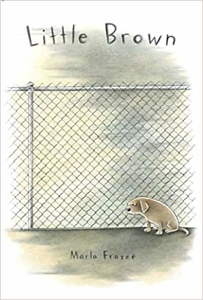 Chapter 16: Ace Atkins has been on Book Talk more than nine times and Mark Greaney eight times. How do you keep conversations with your return subjects fresh?
Chapter 16: Ace Atkins has been on Book Talk more than nine times and Mark Greaney eight times. How do you keep conversations with your return subjects fresh?
Usery: With these two authors, they both often use real-life incidents as starting points for their plots, so talking about those inciting events is always interesting. They also often have two books per year, so talking about their upcoming book has a bit more immediacy to it than someone whose release schedule isn’t quite as ferocious. I also go back to our previous interviews and listen to see if what they have planned for the next book lines up with how it turned out. Beyond that, I suggest role playing.
Along the lines of keeping interviewing in general interesting, I interviewed writer and TV producer Mark Richard about his memoir, which he wrote in second person. I asked the questions as if I were he asking himself the questions, like, “How did I fill my time when I was hospitalized for over a year?” He would answer, “You read everything you could get your hands on.” It was challenging and really fun. Second-person narration is so rare that I wanted to do something in the interview that gave the listener a bit of that feeling.
Chapter 16: You told Chris Offut at the beginning of your interview about his memoir, My Father, the Pornographer, that you were self-conscious when carrying the book at work. He answered: “I’m sorry you felt uncomfortable in the library with a book,” and the interview appeared headed for a tense standoff. You both persevered, and it was a surprising, revealing, and entertaining thirty minutes. What are your guidelines for keeping a conversation on track?
Usery: That was a tough day all around. Chris was on the last day of his tour and was tired about talking about that aspect of his life. I had found out just before the interview that my Aunt Jackie had passed away. I’d had another tough interview a few weeks before, and I was really thinking hard about stopping as an interviewer. A few weeks later, I interviewed William Joyce, and he had suffered terribly when both his wife and daughter died a few years apart, but he managed to work through the grief with his art and writing. I decided that I was being a bit silly, and that the best cure for a rough interview was to jump right back in and try to have a good one.
As far as keeping individual conversations on track? Just keep asking questions. I’m not out to get anybody, and that will show if I keep asking questions.
Chapter 16: What other podcasts about books do you recommend?
Usery: I really don’t listen to any other book radio shows and podcasts. It’s nothing personal, but Book Talk and the library take up a lot of my life as it is, and I need a break from it when I can get it. The podcasts that I look forward to listening to every week are Roderick on the Line, Never Not Funny, and Accidental Tech Podcast.
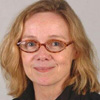
Peggy Burch was books editor at The Commercial Appeal in Memphis for ten years, and she also worked as a deputy metro editor and Arts & Entertainment editor for the newspaper. She is a graduate of the Newhouse School of Public Communications at Syracuse University and holds a master’s degree in English literature from the University of Mississippi.

